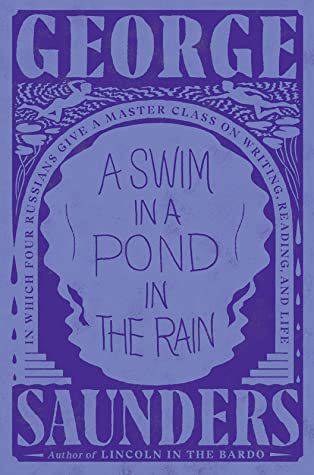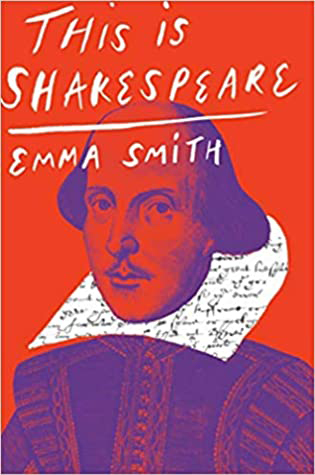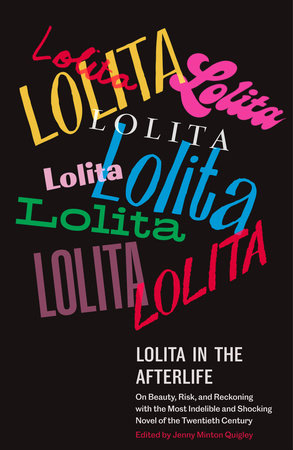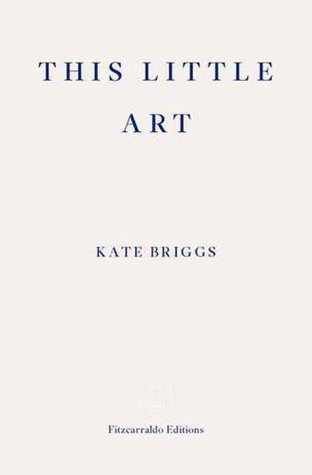These four books are a must-read for those who love reading, writing, and thinking of reading and writing.
READ ALSO: Get The Oven Ready: Three New Cookbooks From Famed TV Chefs
A Swim in a Pond in the Rain: In Which Four Russians Give a Master Class on Writing, Reading, and Life by George Saunders
Winner of the 2017 Man Booker Prize for his novel Lincoln in the Bardo, George Saunders takes readers inside his MFA class on the Russian short story in A Swim in a Pond in the Rain. Short stories by the major Russian writers Chekhov, Turgenev, Tolstoy, and Gogol are analyzed in seven essays. The result is a book that anyone with an interest in fiction will appreciate.

The stories are approached in an expert yet easily readable way, with narrative functions dissected, story immersion discussed and lessons imparted on what writers must value. Through these stories, we see that writing is a systematic process, but one that must be used as a way to see and understand the world in ways we have never explored before.
This is Shakespeare by Emma Smith
Emma Smith is a professor of Shakespeare Studies at the University of Oxford, and she puts her expertise to good use In This is Shakespeare. It is composed of 20 essays on what makes reading Shakespeare exciting today. Too often the Bard is taught in a rote, unchallenging way in classrooms: what our teachers learned from their teachers, and what their teachers learned from their teachers (etc). Smith asks us to buck the trend and break away from what we have learned.

After reading this, I started appreciating facets of Shakespeare’s plays in ways I hadn’t before. For example, while Merchant of Venice is still quite problematic for its anti-semitism, I found myself interested in its aspect of relationships being impacted by financial transactions. Smith encourages us to read between the lines and appreciate the ambiguities in Shakespeare’s work: they’re there to be interpreted and celebrated in any way we wish.
Lolita in the Afterlife: On Beauty, Risk, and Reckoning with the Most Indelible and Shocking Novel of the Twentieth Century edited by Jenny Minton Quigley
After having been rejected by five other American publishers, Lolita was accepted at great risk by Walter J. Minton at G.P. Putnam’s Sons. In Lolita in the Afterlife, his daughter Jenny Minton Quigley brings together a collection of essays from celebrated writers like Roxane Gay, Lauren Groff, Sloane Crosley, Ian Frazier, and more, all with their unique takes on how to read this complex and perennially controversial novel today.

Having read the novel myself (the summer before college, where my mom insisted on wrapping the front cover in a white paper in case I decided to read the book in public), this collection made me understand and think of the novel in ways I never had before.
This Little Art by Kate Briggs
In this book, Kate Briggs meditates on the practice of literary translation, giving us new ways to think of this often unappreciated aspect of reading a work translated from another language. When we read Tolstoy, we never think of the back-breaking labor a translator undertakes: we often find ourselves thinking we’re only reading Tolstoy and not the words of anyone else.

The nature of literary translation dictates that it must be so, and yet in the eyes of Briggs, it is a compelling, complex, and intensely relational activity.
Photo by Aaron Burden on Unsplash





